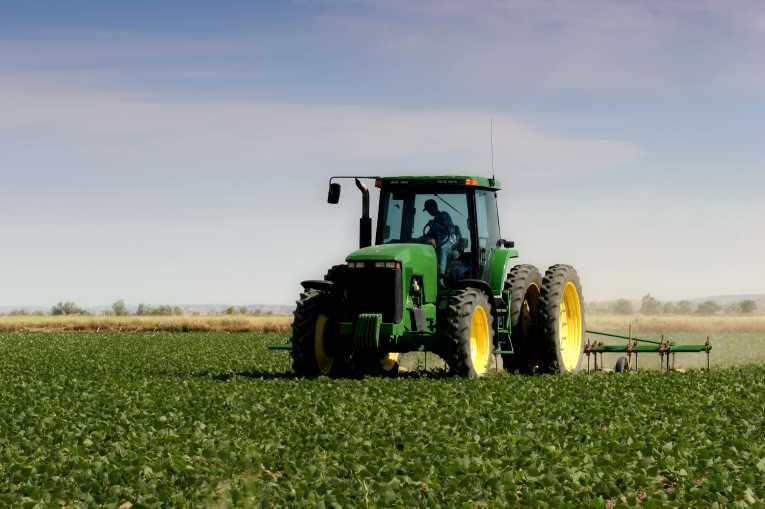Agricultural monocultures have long been a bete noire of conservationists, who hate the huge, characterless fields so beloved of what's become known as industrial agriculture for aesthetic reasons if nothing else.
Now scientists have come up with a very good reason for farmers to grow a wider diversity and variety of crops to protect themselves from the changes likely to result from climate change.
The survey is published in the March issue of BioScience and has highlighted simple changes to farming practice that can help agriculture respond both to temperature increases and an increased frequency of extreme weather events.
Brenda B Lin of the Australian Commonwealth Scientific and Industrial Research Organization is behind the survey which backs the idea of mixed planting to protect crops.
She found that rice and other cereals, alfalfa, and coffee, responded better to growing in mixed company.
Mixing crop varieties and species in rotation or alongside each other helps crops by making it harder for pests and diseases to settle in too comfortably.
Lin also found that there was some effect on reducing the harm done by climate extremes.
However, it's not simply a case of sowing some sunflowers with your soya and hoping for the best. Lin's work found that mixing crops doesn't always work and that farmers need to make use of the latest crop modeling developments to make sure they are benefiting.
She is hoping to continue her work and build up more knowledge that will help farmers find the most effective mixing techniques for their land.










